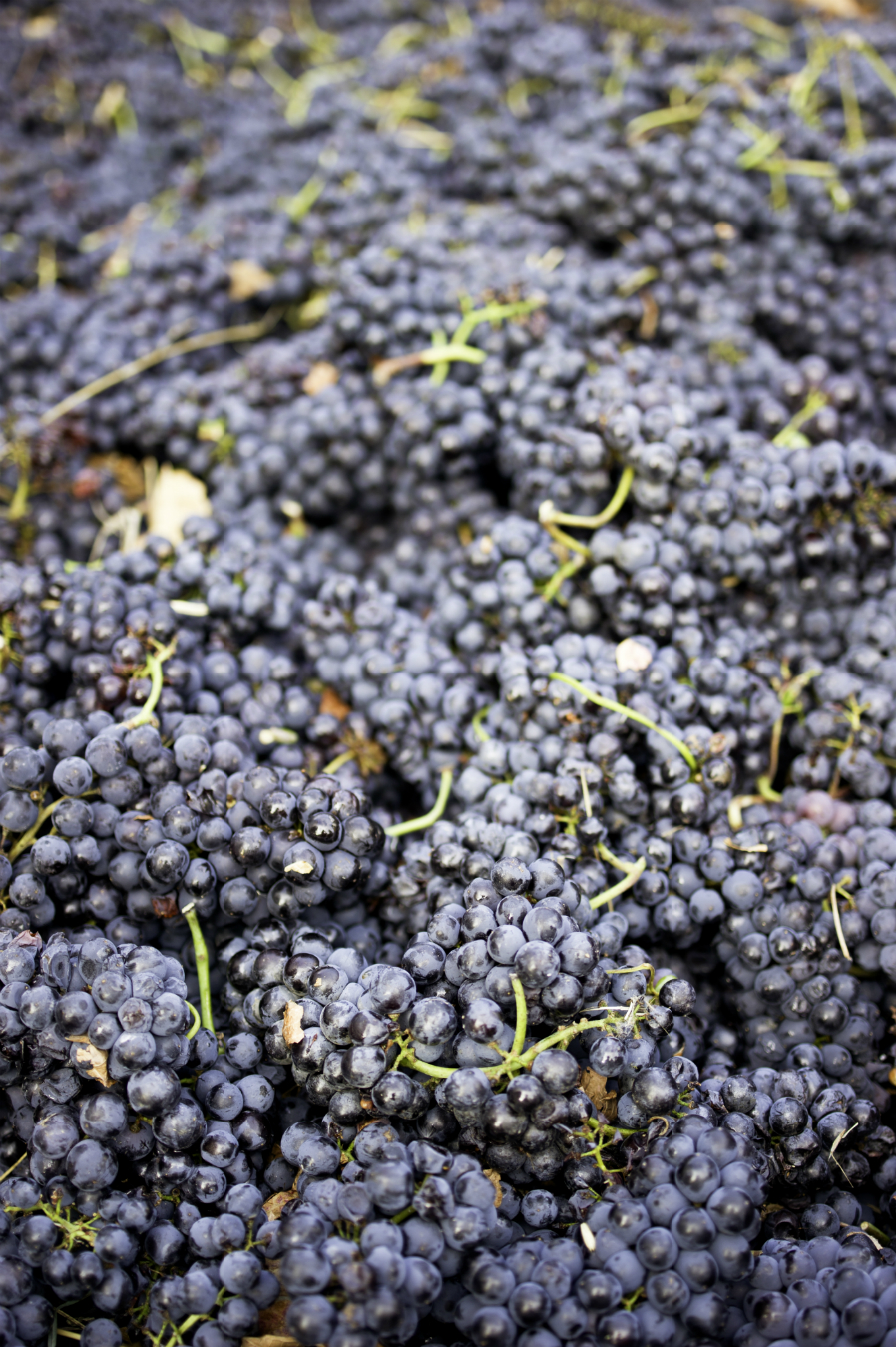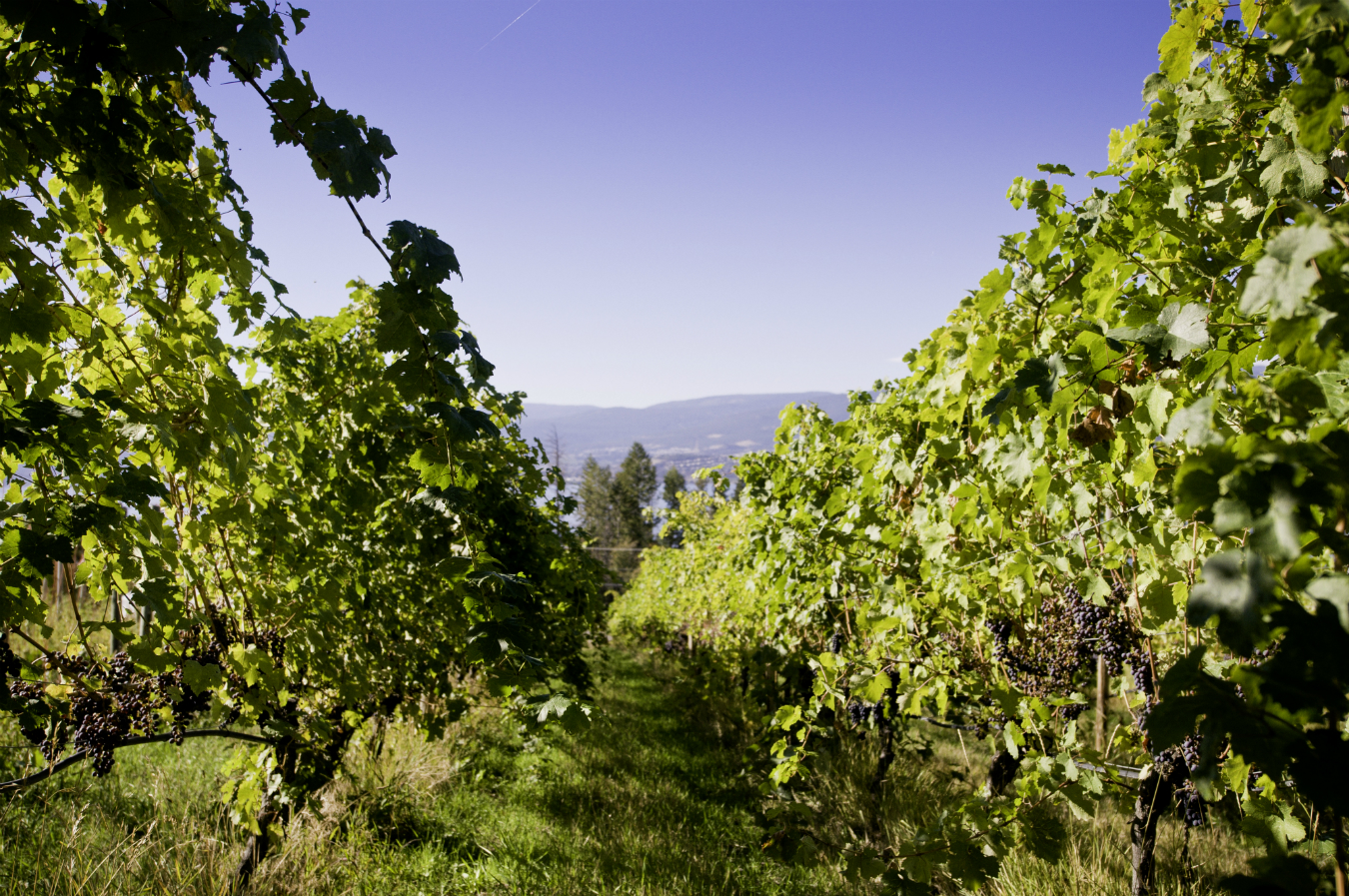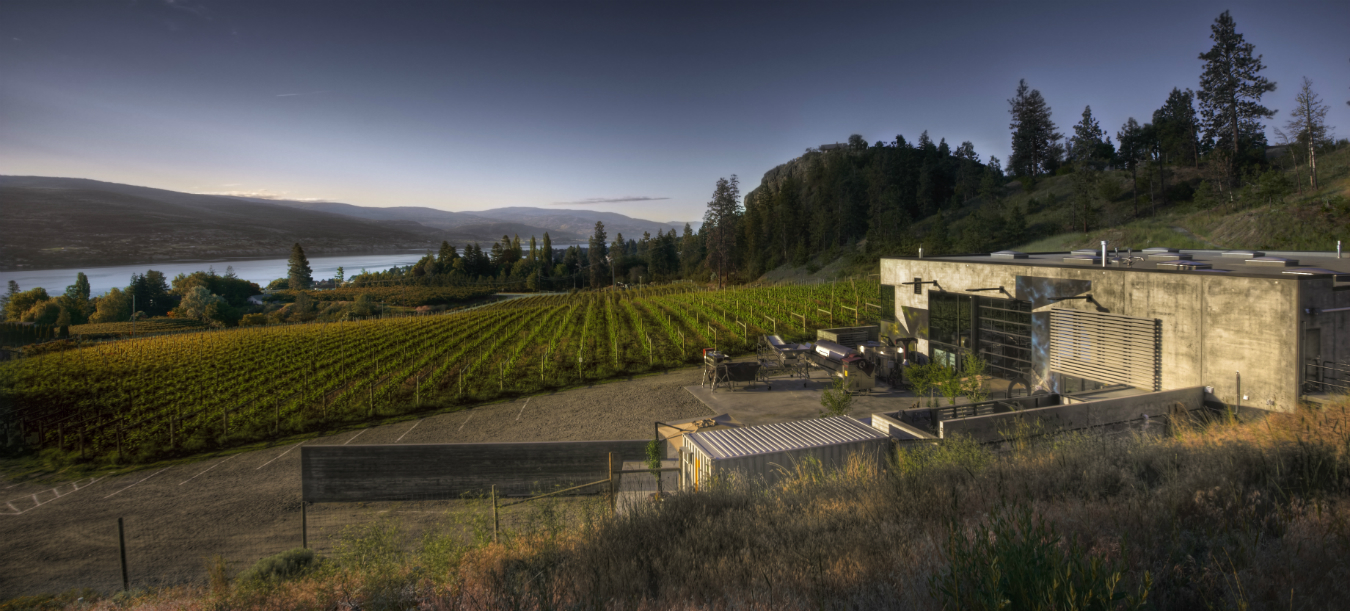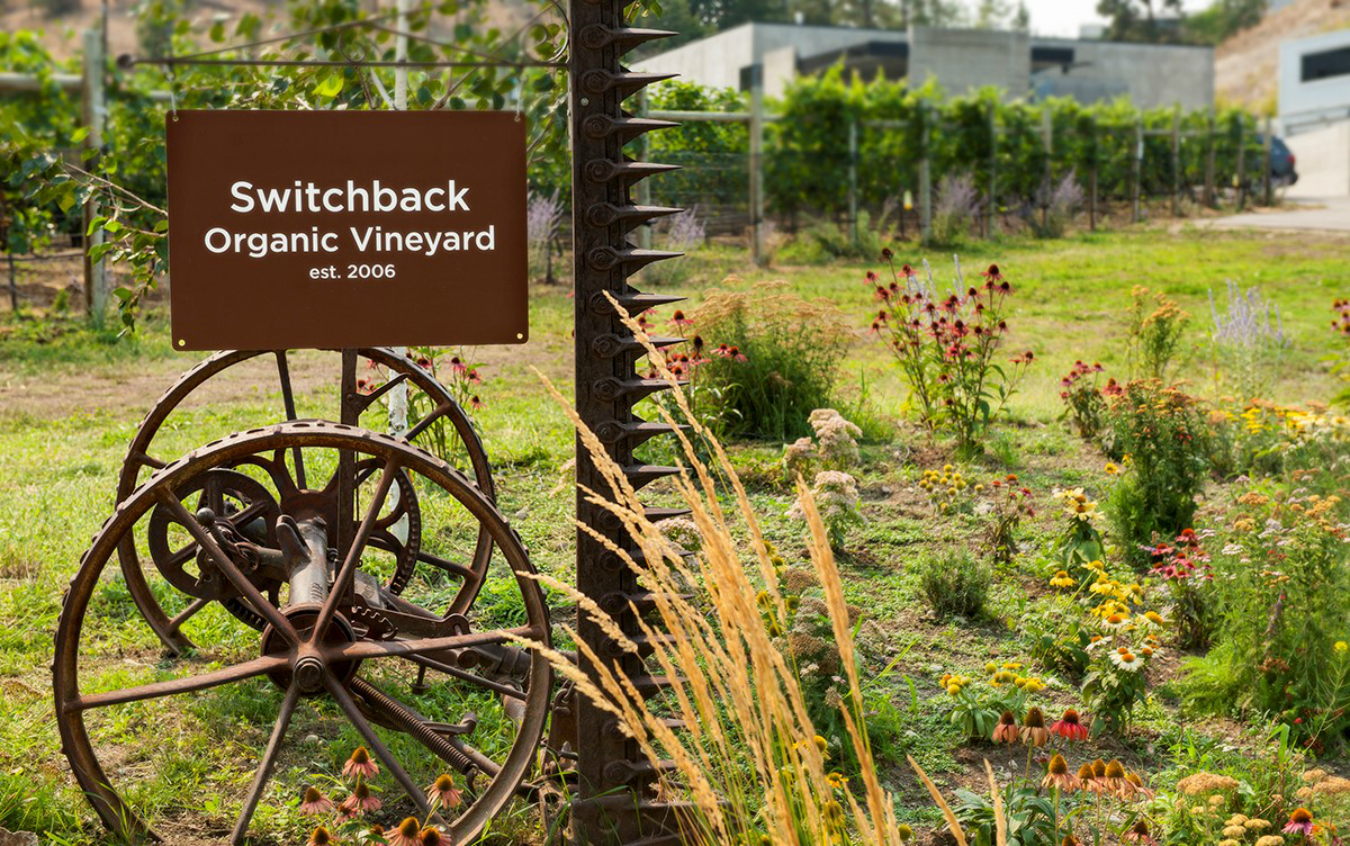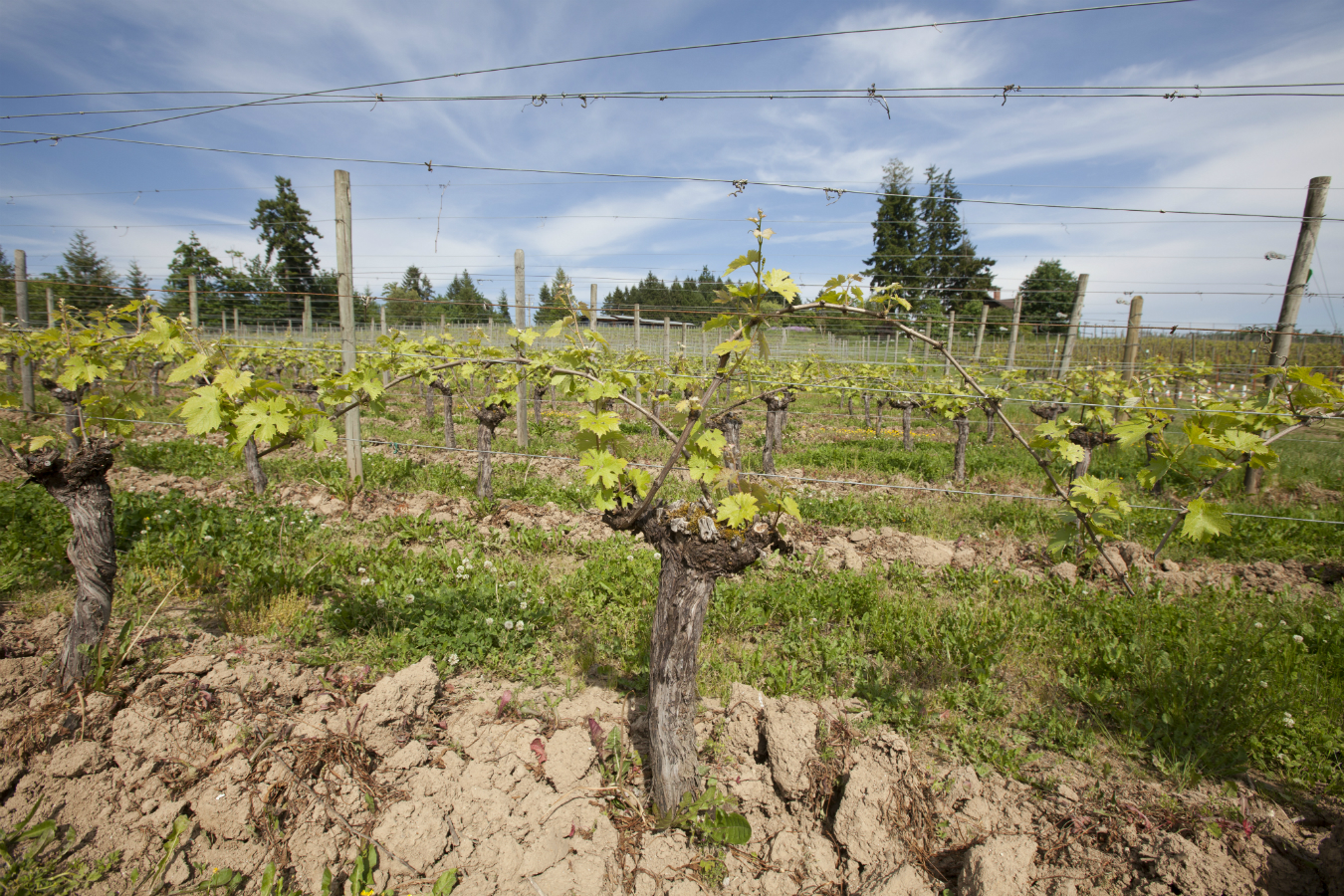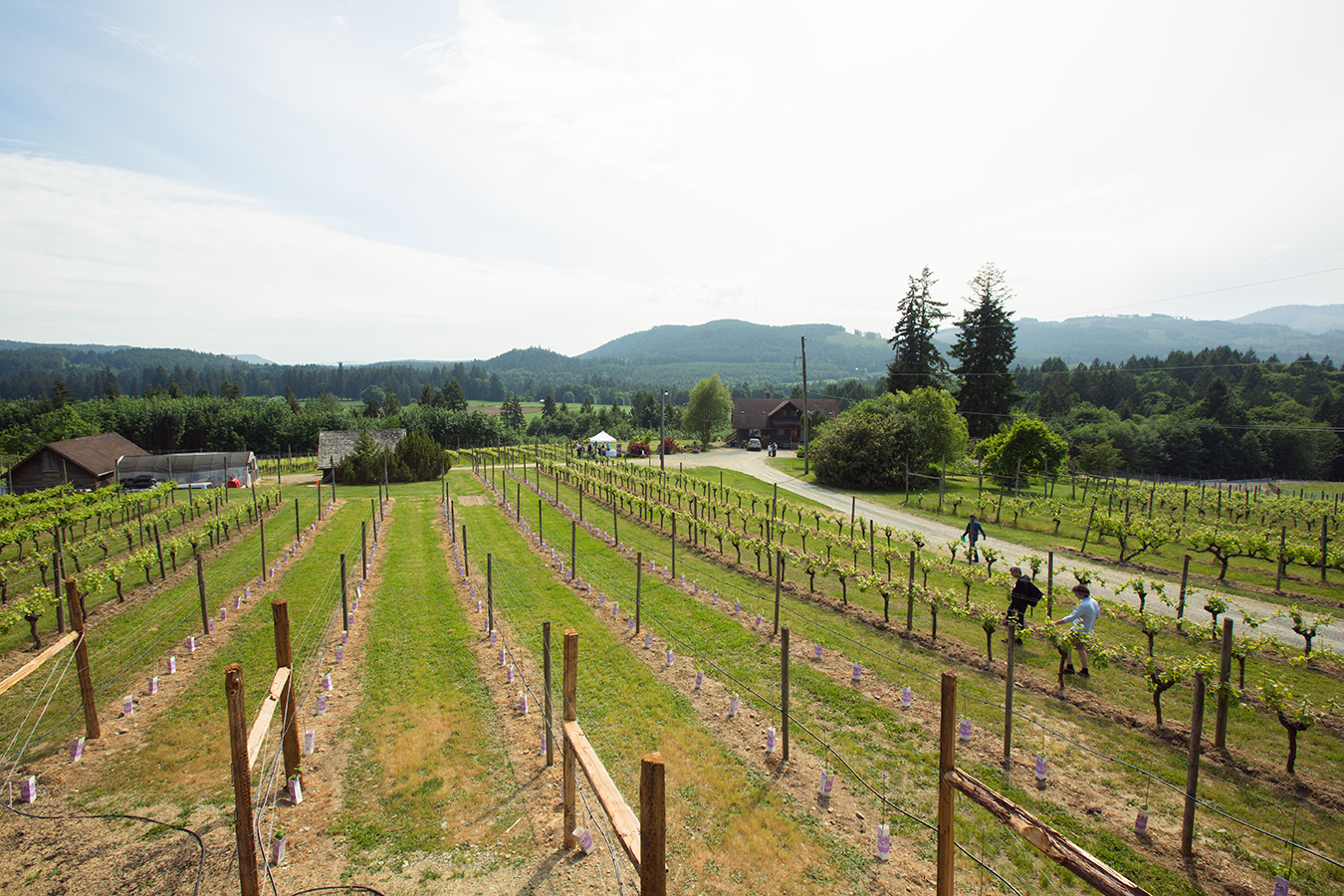Enjoying a bottle of wine may be a simple pleasure, but the process of getting from grape to glass is anything but. This is especially true for vineyards opting for environmentally-friendly practices that reduce their carbon footprint. Summerhill Pyramid Winery in Kelowna, Okanagan Crush Pad in Summerland, and Blue Grouse Estate Winery in the Cowichan Valley are all striving for sustainability by creating wine superior in not just taste, but intention.
“Any move to reduce activities that contribute to global warming will have a positive impact on our collective environment,” says Paul Brunner, proprietor at Blue Grouse. Using locally-sourced construction materials, bio-diesel in their farming equipment, and an onsite water collection and treatment system that only allows clean water to be returned to the soil after use, Blue Grouse is like a well-oiled machine—without the oil, of course. “Rain water is captured from the roof and directed into a collection pond for irrigation,” explains Brunner. “That same pond is used as part of the geothermal heating system and forms part of a new riparian biosphere, as well.” This means, essentially, that the pond supports living organisms, which coincides with the “live and let grow” mentality of organically producing wine.
Operations at Blue Grouse tread carefully, with little to no disruption of the natural environment, and they encourage other establishments to do the same. “If wineries show a strong commitment to sustainability, it will influence their customers to require the same or similar commitments [from] other products and services they purchase,” says Brunner.
For nearly 30 years, the team behind Summerhill Pyramid Winery has been doing just that: influencing their customers. Since going organic in 1986, it has grown to become Canada’s largest certified organic winery. CEO Ezra Cipes is open about the frustrations he has experienced along the way, waiting patiently as the public became more receptive to the benefits of buying organic. “The impact on the planet and on our health from cheap industrial food is staggering,” says Cipes. “Organics is an alternative vision that makes so much sense in every way that matters.”
He believes that growing organic wine is part of a holistic vision—one that looks at the relationship between happiness, health, and prosperity, not just profit. “We need to develop a more intimate, personal relationship with the earth,” he says. “Organics and biodynamics is the only way to get there.” Much like organic practices, biodynamic methods in viticulture emphasize the importance of creating a self-sustaining cycle by utilizing what is already available through soils, plants, insects, and animals—without integrating artificial chemicals. The approach recognizes the farm as an interconnected system, and incorporates both ecological and spiritual components in the production process. “We use compressed atmospheric nitrogen to protect the wine from oxygen, and we clean our equipment with only steam and ozone,” Cipes says. “In the end, you have a completely natural, pure wine that is in harmony with the planet and with our bodies. That’s a difference you can taste and feel.”
Following the footsteps of Summerhill, Okanagan Crush Pad (OCP) converted its 10-acre Switchback Vineyard site to organic earlier this year. While OCP is not biodynamic certified, it follows some of the same practices by striving to create a balanced farm ecosystem from within. Even the livestock contributes to the cycle by roaming freely, fertilizing the soil, and providing pest control. Christine Coletta, who owns OCP along with Steve Lornie, says that when Switchback Vineyard was converted from a fallow orchard nine years ago, there were less than 60 hectares of organic vineyard land in B.C.
In 2010 the duo sought the expertise of Alberto Antonini, an Italian oenologist and consultant involved in wineries in several countries, to guide them in the right direction. “When Antonini arrived he pointed out what was being done globally and why organic grapes are the foundation of making wines with a sense of place,” says Coletta. A year after that meeting, in the summer of 2011, Coletta had a “major awakening” after noticing a rash on her dog. “I pieced it back to the day we had walked the entire vineyard, which had been recently sprayed with pesticides,” she recalls. “Alberto’s ongoing words about caring for our land and how vineyards need to be ‘alive’ in order to make wines that have a sense of place all snapped into my head.” OCP’s second project, a 312-acre Summerland site called Garnet Valley Ranch, was launched in 2012 and has been farmed organically since day one.
Ultimately, wineries can implement all the organic and biodynamic practices they want, but consumers have the final say. To this end, Coletta advises at least buying local, as the wine travels a shorter distance and leaves a smaller carbon footprint. For all three of these winemakers, the belief that what ends up in the glass should feel as good as it tastes comes from a deep-rooted respect for the land it’s grown upon. As Antonini once told Coletta, we are each only on this earth for a short while—we should leave it in better shape than we found it.

